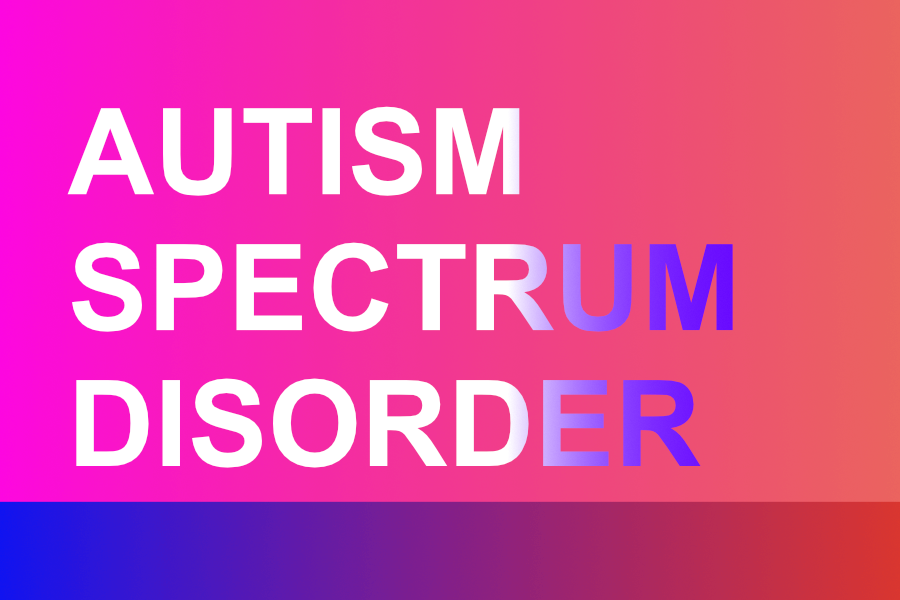Learn about Borderline Personality Disorder (BPD)
What is Borderline Personality Disorder (BPD)?
Those who have BPD suffer from recurrent, uncontrollable and difficult changes in mood. They experience significant difficulty making and sustaining relationships with other people, and often find it difficult to control their own impulsive behaviour – doing things without first considering the consequences. Those with BPD often have a history of impulsive self-harm behaviour such as physical self-harm, suicide attempts and unsafe sexual activity.
What are the symptoms of Borderline Personality Disorder (BPD)?
In order to obtain an official diagnosis of BPD, five of the following symptoms must be present:
1. Emotional instability – impulsive emotional change in response to everyday events (intense sadness, anxiety, or irritability etc.)
2. Intense and inappropriate anger which is difficult to control and arises unexpectedly for others (e.g., frequent and noticeable displays of temper and/or physical violence towards other people).
3. Chronic feelings of worthlessness and emptiness.
4. Unstable and intense relationships (often fluctuating rapidly from idealisation and praise to devaluation and criticism).
5. Engaging in frantic and agitated behaviour in order to prevent real or imagined abandonment by others.
6. Engaging in impulsive and potentially damaging behaviour such as;
o Unsafe sexual behaviour
o Excessive spending
o Drug and alcohol abuse
o Binge eating
o Reckless driving
7. Recurrent suicidal behaviour such as making threats or actual attempts, or engaging in self-harm (e.g., cutting).
8. An unstable sense of self and feeling unsure of “who you are”.
9. Stress related paranoia that someone is trying to harm you; or significant dissociative symptoms such as feeling disconnected from your body and mind.
How does Borderline Personality Disorder (BPD) develop?
As is the case with all personality disorders, the exact cause of BPD is unclear. It is most likely a combination of psychological, social and biological factors.
Childhood traumatic events are associated with the development of BPD and many people with this particular personality disorder have experienced parental neglect or physical, sexual or emotional abuse at a young age.
Problems and Consequences Associated with Borderline Personality Disorder (BPD)
Of all the problems associated with BPD, the most severe is suicide. Research shows that as many as 75% of people who have BPD will attempt suicide at some point in their lives. Aside from suicide, the following mental health conditions or behavioural problems are common amongst those with BPD:
o Substance abuse
o Generalised anxiety disorder
o Bipolar disorder
o Depression
o Eating disorders, such as anorexia or bulimia
o Another personality disorder, such as antisocial personality disorder
Research has shown that men with BPD are more likely to develop drug and alcohol problems than their female counterparts. However, women with BPD are more likely to develop an eating disorder than men.
How can Borderline Personality Disorder (BPD) be treated?
Psychiatric medication is not recommended for those with ongoing symptoms of BPD as there is currently no medication known to be effective when treating this personality disorder. However, medication can be helpful when treating the other mental health problems that commonly occur for those with BPD.
Treatment for BPD usually involves talking therapy. The National Institute for Health and Care Excellence (NICE) suggests the following types of talking treatments:
o Dialectical Behaviour Therapy (DBT) – individual and group therapy that is used to help the individual learn ways to cope with difficult emotions.
o Mentalisation-Based Therapy (MBT) – helps the individual to recognise and understand their own mental states, and the mental states of others. This then encourages them to examine and explore their own thoughts about themselves and others.
o Cognitive Behavioural Therapy (CBT) – aims to help the individual understand how their thoughts and beliefs affect their behaviour and the way they feel.
o Cognitive Analytic Therapy (CAT) – combines the practical methods of CBT with a focus on the relationship between the individual and their therapist. This can help the individual to explore how they relate to other people, and consider any patterns they may have developed.
o Other talking therapies – schema-focused cognitive therapy, psychodynamic therapy, interpersonal therapy or arts therapies.
When treating BPD, therapeutic communities can also be utilised. These are specially designed programmes where the individual works with a group of other people who are experiencing mental health problems and they each support one another with their recovery. In some instances, these groups may live together or they may just meet up regularly.
More details regarding Borderline Personality Disorder (BPD)
See nhs.uk
Please feel free to get in touch with us if you have any questions about the psychological therapies we offer at our facilities that could be able to help with borderline personality disorder.
Trusted & Private Therapy
Our therapy and counselling services extend to both adults and children. We can work on an individual one to one basis, with couples, families and also groups. We provide a safe space in which you can share your problems as you gain a greater understanding of them. We help you to find ways in which you can either resolve or manage these issues better.
Glossary of Conditions

Anxiety
Anxiety refers to thoughts, feelings and physical sensations of worry or feeling under threat. Feeling like you are struggling to breathe or living your day-to-day life you may benefit from therapy.

Binge Eating Disorder
Binge-eating disorder is a disorder where a person eats a large amount of food in a short space of time. They may not be hungry when doing this, often resulting in physical discomfort.

Depression
Depression is a disorder involving a prolonged period of low mood and it affects people differently. Depression is more than just feeling sad it is a prolonged change in mood.

OCD
Obsessive-compulsive disorder is characterised by recurrent persistent thoughts that cause distress until the person performs ritualised behaviour.

Panic Disorder
Panic Disorder is an anxiety disorder and it occurs when you have a surge of intense fear that strikes suddenly and repeatedly without warning.

PTSD
Post traumatic stress disorder develops after having or witnessing a traumatic experience. This could be an accident, an assault or some forms of abuse.

Anger
It is important to recognise that anger is not necessarily a mental health problem. Everyone experiences the emotion sometimes. It is often a response to mistreatment or abuse.

Generalised Anxiety Disorder
Generalized anxiety disorder, or GAD, is a mental illness. It belongs to a group of illnesses called anxiety disorders.

Anorexia Nervosa
Anorexia nervosa involves a reduced food intake, below a person’s medical needs. Their mind will be very focused on eating habits to change your bodies size and shape.

Autism Spectrum Disorders
Autism spectrum disorders (ASD) are a set of conditions that influence the way a person takes in information. People with ASD’s can experience difficulties in communication.

Borderline Personality Disorder
Those who have Borderline Personality Disorder (BPD) suffer from recurrent, uncontrollable and difficult changes in mood.

Antisocial Personality Disorder
Those who have antisocial personality disorder display impulsive, irresponsible and risk-taking behaviour.

ADHD
Attention deficit hyperactivity disorder is a neurodevelopmental disorder often first recognised in childhood but it can be lifelong.